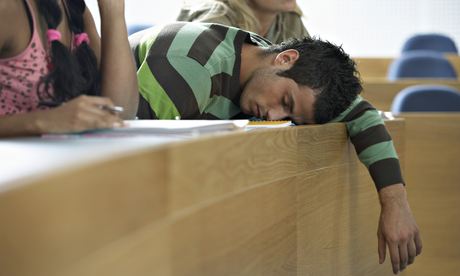
'PixelPlacebo' via Compfight cc
"I call this BGUTI (rhymes with duty), which is the acronym of Better Get Used To It.
If adults allow—or perhaps even require—children to play a game in which the point is to slam a ball at someone before he or she can get out of the way, or hand out zeroes to underscore a child's academic failure, or demand that most young athletes go home without even a consolation prize (in order to impress upon them the difference between them and the winners), well, sure, the kids might feel lousy—about themselves, about the people around them, and about life itself—but that's the point. It’s a dog-eat-dog world out there, and the sooner they learn that, the better they’ll be at dealing with it.
The corollary claim is that if we intervene to relieve the pain, if we celebrate all the players for their effort, then we'd just be coddling them and giving them false hopes. A little thanks-for-playing trophy might allow them to forget, or avoid truly absorbing, the fact that they lost. Then they might overestimate their own competence and fall apart later in life when they learn the truth about themselves (or about the harshness of life).
The case for BGUTI is, to a large extent, a case for failure. The argument is that when kids don’t get a hoped-for reward, or when they lose a contest, they’ll not only be prepared for more of the same but will be motivated to try harder next time. An essay on this very blog last year, titled “Why Parents Need to Let Their Children Fail,” cued an enormous on-line amen chorus. The journalist Paul Tough informed us, “If you want to develop [kids’] character, you let them fail and don’t hide their failures from them or from anybody else.” A casual Web search produces tens of thousands of similar declarations."
http://m.theatlantic.com/education/archive/2014/03/protect-your-kids-from-failure/284361/

